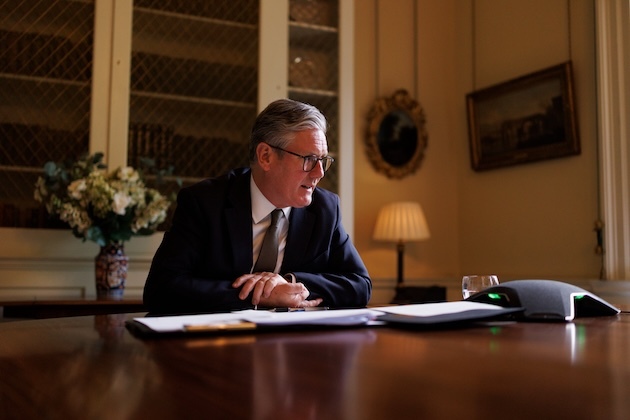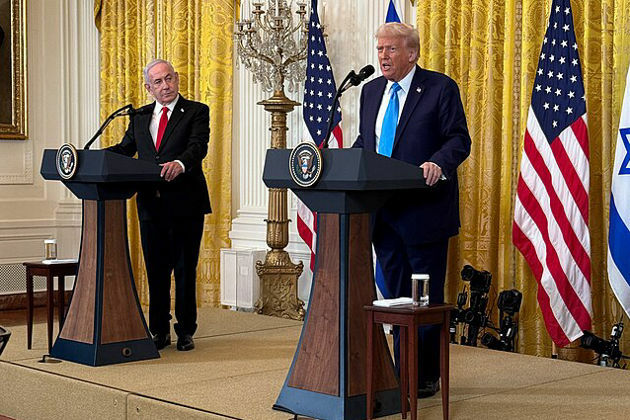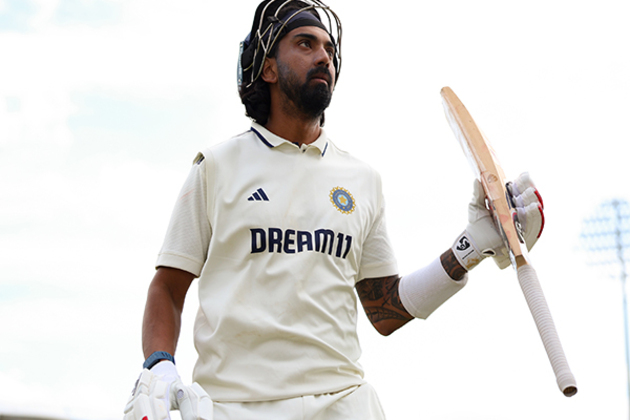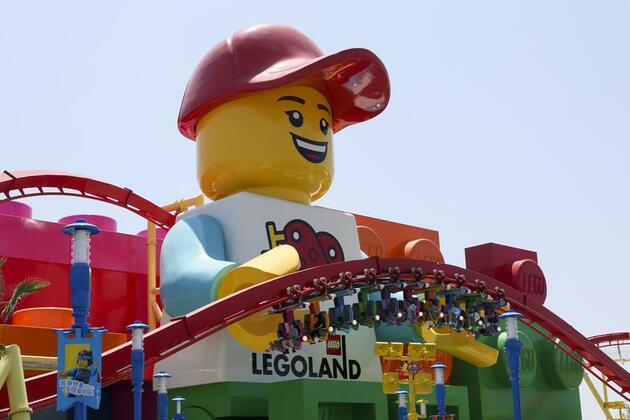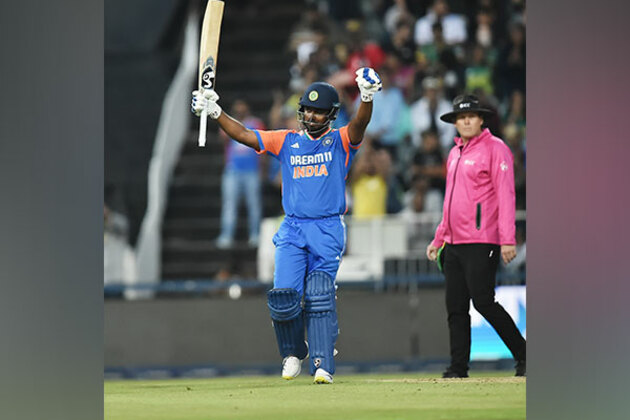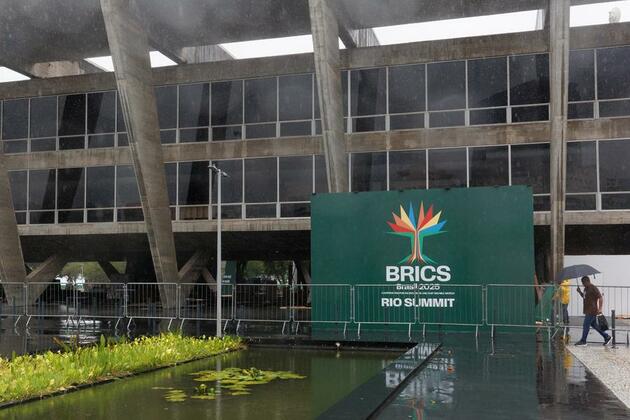Science changes -- and so should rational behaviour
The Conversation
24 Nov 2021, 20:10 GMT+10
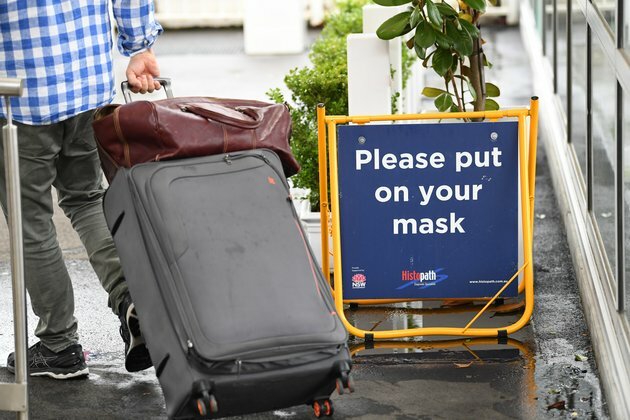
The world around us, and the way researchers study and understand it, changes all the time. The constant change means that what we know through science also shifts.
Take the airborne nature of SARS-CoV-2: early in the COVID-19 pandemic key advisory groups, such as the World Health Organisation, assumed that respiratory droplets were the dominant mode of transmission. This led to advice on and practices of social distancing, hand-washing, wiping surfaces, wearing plastic face shields, and putting up plastic barriers between customers and servers in shops.
As more research was conducted the evidence emerged that SARS-CoV-2 is airborne. It can be transmitted both at closer and longer ranges. So, while social distancing remained important, mask wearing and air ventilation became other crucial tools to fight the spread of COVID-19.
This shifting of knowledge can lead to uncertainty for people when making decisions based on evidence. But it can be done, if everyone - from ordinary citizens to journalists reporting on big issues and researchers trying to communicate their findings - accepts that science changes, and behaves accordingly.
Citizens need to develop the habit of asking questions about the research evidence and never taking headlines at face value. Journalists need to be well trained in understanding research, asking critical questions and communicating findings in a way that allows the public to understand the whole picture.
Researchers also need to be better at communicating the value of complete evidence bases over single studies. They need to be honest about the uncertainty within findings, and findings that keep emerging from bodies of evidence.
At the Africa Centre for Evidence, hosted by the University of Johannesburg in South Africa, we conduct research about the use of evidence in decision-making to reduce poverty and inequalities in our country and continent. We have published work about the use of evidence synthesis as central to decision-making. Our experiences of working with governments have underscored the importance of considering the body of evidence when making decisions, instead of single studies. We have also seen how important it is to engage users on what is considered as evidence for use in decision-making.
One part of the story
So, why does science shift?
First, because one part of the story is not the whole story. In almost all cases, a single research study can only answer part of the question. And the reliability, validity and ethics of that single piece of research need to be carefully examined to check the accuracy and usefulness of its findings.
A research methodology known as systematic review, or evidence synthesis, has been used for decades to ensure that all reliable research relevant to a specific question is carefully collated to provide a comprehensive and transparent answer.
Any time a decision matters, using a systematic review to inform that decision is far preferable to using a single study. A complete evidence base - a synthesis of many reliable studies - gives a more complete picture.
COVID-19 is one example of how an evidence base can offer a fuller picture than a single study. When the pandemic struck in March 2020, the world sought answers quickly. The early days and months were a scramble for understanding: we needed to know fast how the virus spread, how to avoid infection, and what treatments were effective. As the evidence base has grown, so has our collective understanding and behaviour.
Dishonesty and bad ethics
A second reason for shifting science is that, sadly but not surprisingly, scientists can be dishonest.
One recent example is the use of ivermectin as a COVID-19 treatment. Ivermectin is an animal de-wormer that was promoted as a possible treatment for COVID-19. Convincing arguments were made, and anecdotal cases reported, all leading to a black market for the drug.
There was even a systematic review which appeared to show the benefits of ivermectin in reducing COVID-19 deaths.
However, on closer critique of the primary data underpinning the synthesis, it was found that the data from a large trial which had been included in the review was fabricated. This invalidated the findings of the review.
Read more: Ivermectin - whether formulated for humans or horses - is not a treatment for COVID-19
The purported link between the combined measles-mumps-rubella (MMR) vaccine and autism is another example of how the scientific process can result in shifts in findings. A 1998 paper in The Lancet linked the combined MMR vaccine with the onset of autism. This paper has since been shown to have been entirely fraudulent, and was retracted by the journal in 2010. The doctor who led the work had his licence to practice withdrawn because of his unethical research.
Several systematic reviews have since shown that there is no link between autism and the MMR vaccine. Still, the idea has taken root among many parents, who are reluctant to have their children vaccinated against common childhood illnesses. Increasingly frequent outbreaks of measles, to give just one example, have led to thousands of children dying.
Luckily the scientific industry is set up for analysis, critique and rigorous debate. Proving something scientifically is a process of review by fellow researchers - a culture of critical reflection.
Embrace uncertainty
Good science doesn't eliminate uncertainty: it explains it. Citizens and journalists need to be literate about the nature of science and how to look for bodies of evidence.
Ultimately, it is about deciding what type of information one trusts. If one trusts the scientific method that underpins the development of the cars we drive, then, logically, one should trust that same scientific method that goes into evidence synthesis.
People should learn where to look for, then rely on, carefully collected, reliable bodies of evidence.
Authors: Ruth Stewart - Professor: Evidence-Informed Decision-Making, University of Johannesburg | Carina van Rooyen - Senior researcher at the Africa Centre for Evidence, University of Johannesburg 
 Share
Share
 Tweet
Tweet
 Share
Share
 Flip
Flip
 Email
Email
Watch latest videos
Subscribe and Follow
Get a daily dose of Johannesburg Life news through our daily email, its complimentary and keeps you fully up to date with world and business news as well.
News RELEASES
Publish news of your business, community or sports group, personnel appointments, major event and more by submitting a news release to Johannesburg Life.
More InformationInternational
SectionTragedy in Spain: Diogo Jota and his brother die in car accident
MADRID, Spain: Liverpool footballer Diogo Jota and his younger brother, André Silva, have died in a car accident in Spain. Spanish...
Early heatwave grips Europe, leaving 8 dead and nations on alert
LONDON, U.K.: An unrelenting heatwave sweeping across Europe has pushed early summer temperatures to historic highs, triggering deadly...
U.S. military, China, Russia in Space race
President Donald Trump's plans to build a space-based Golden Dome missile defense shield have drawn immediate criticism from China,...
Trump wins $16 million settlement from Paramount over CBS Harris edit
NEW YORK CITY, New York: Paramount has agreed to pay US$16 million to settle a lawsuit brought by U.S. President Donald Trump over...
British PM faces major party revolt over welfare reforms
LONDON, U.K.: British Prime Minister Keir Starmer won a vote in Parliament this week to move ahead with changes to the country's welfare...
White House meeting between Trump, Netanyahu on July 7
WASHINGTON, D.C.: President Donald Trump will meet Israeli Prime Minister Benjamin Netanyahu at the White House on Monday. President...
Africa
SectionKL Rahul becomes second Indian after Gavaskar to achieve unique SENA feat
Birmingham [UK], July 5 (ANI): KL Rahul continued his fine overseas run in Test cricket, becoming only the second Indian opener after...
Xinhua Headlines: China's first LEGOLAND resort opens in Shanghai
* China's first LEGOLAND resort opened on Saturday in Shanghai. * Spanning 318,000 square meters, LEGOLAND Shanghai Resort is the...
Vaibhav Suryavanshi smashes fastest U19 ODI century, becomes youngest centurion in this age group
Worcester [UK], July 5 (ANI): India's 14-year-old batting sensation Vaibhav Suryavanshi cracked the fastest century in the U19 ODI...
Sanju Samson returns to Kerala Cricket with record-breaking KCL signing
Thiruvananthapuram (Kerala) [India], July 5 (ANI): Indian wicketkeeper-batter Sanju Samson made a record-breaking return to the Kerala...
Xinhua Headlines: BRICS strengthens momentum, stability in Global South cooperation
* In recent years, BRICS has transformed into a major force fostering cooperation among Global South nations. This collaboration not...
Agustin Ramirez, Marlins look to resume torrid pace vs. Brewers
(Photo credit: Eakin Howard-Imagn Images) Catcher Agustin Ramirez, who entered this weekend leading all major-league rookies with...





